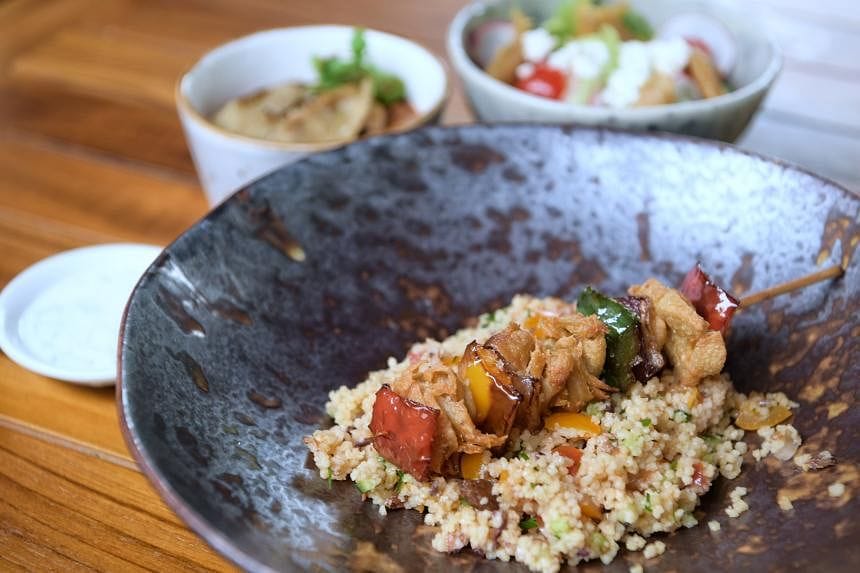Mergers, closures, diversification: What is happening to S'pore's cultivated meat sector?

Source: The Straits Times
Author: Shabana Begum, Cheryl Tan
SINGAPORE - Singapore piqued interest when it was the first country in the world to approve the sale of cultivated chicken in 2020, attracting both local and global players to set up their operations here.
But five years on, momentum has slowed amid challenges in reaching commercialisation, cost pressures, a lack of clear consumer demand, and flagging investment appetites.
This has led to companies scaling down, consolidating and pivoting.
California-founded Eat Just, which was the world's first to receive approval from Singapore to sell its cultivated chicken, has "paused production" here.
Fewer new alternative protein companies have been incorporated here each year as well - falling from seven in 2021 to four in 2022, and none in 2023, according to figures from SGInnovate, Singapore's investment arm.
But this was not unexpected, said Ms Annabelle Chiong, SGInnovate's deputy director of investments.
"Many groundbreaking technologies go through an initial period where a lot of start-ups are created, especially if the perceived market appears large... (leading to many wanting) to capture a piece of what was believed to be a huge potential market," she said.
Start-ups' success depends on how receptive mainstream consumers are to cultivated meat, but such options are perceived to be too expensive, she noted.
Cultivated meat is thought to be kinder and more sustainable as it is slaughter-free, uses less water and land to produce, and results in overall less pollution.
The sector had gained momentum up till 2022, but investor appetite for the fledgling sector began to wane in 2023, amid concerns about its tech scalability and the long timeline from research and development to commercialisation resulting in a slow return on investments.
A report by alternative proteins think-tank The Good Food Institute found that by 2023, some US$3.1 billion (S$4.2 billion) has been invested in cultivated meat and seafood companies globally since 2013.
Amid current macroeconomic headwinds and a funding dry spell, industry players expect to see more consolidation in the market through mergers and acquisitions.
This impacts both home-grown firms and alternative protein companies here that hail from countries like the United States, Hong Kong, the Netherlands, Australia and Israel.
